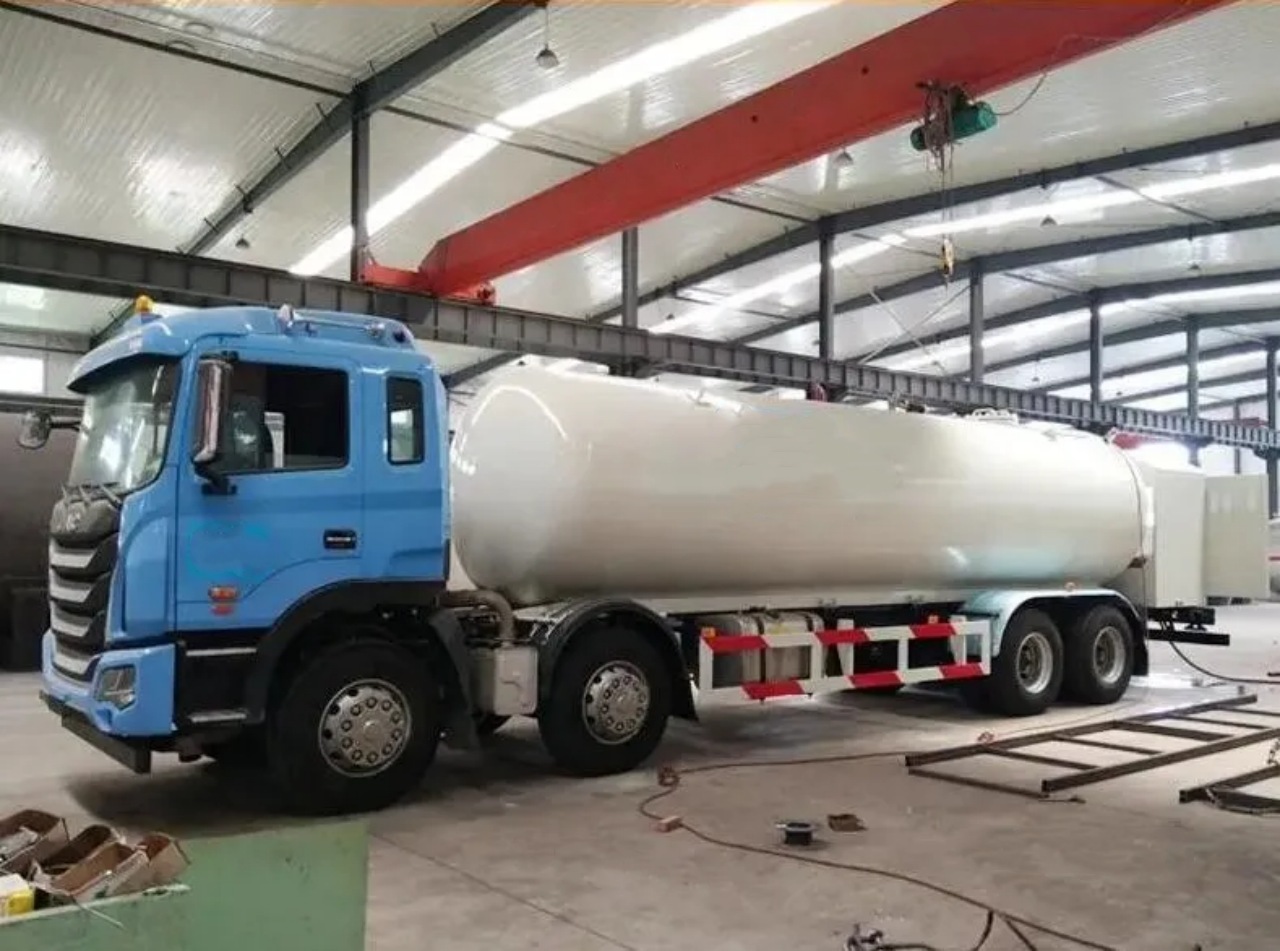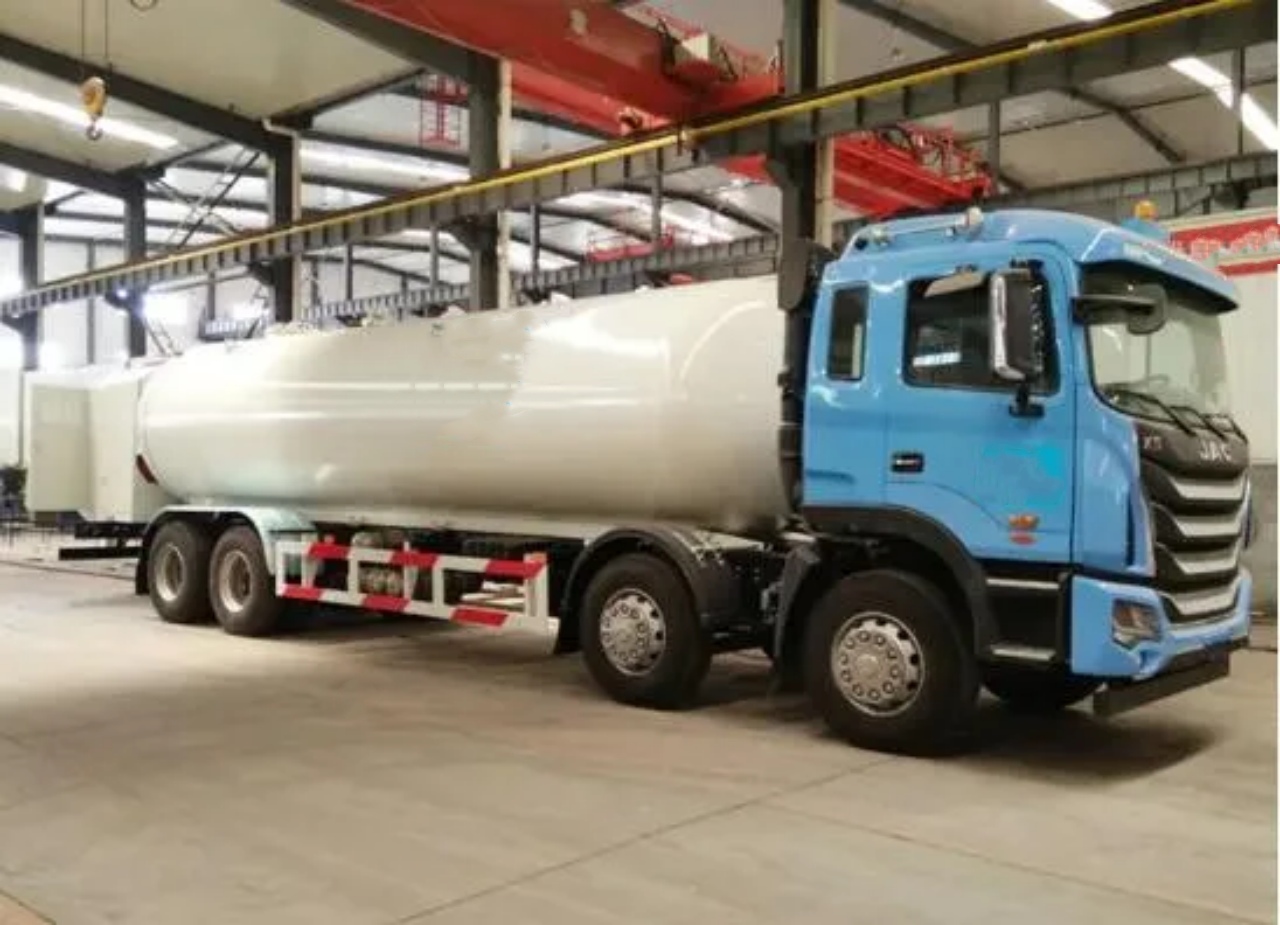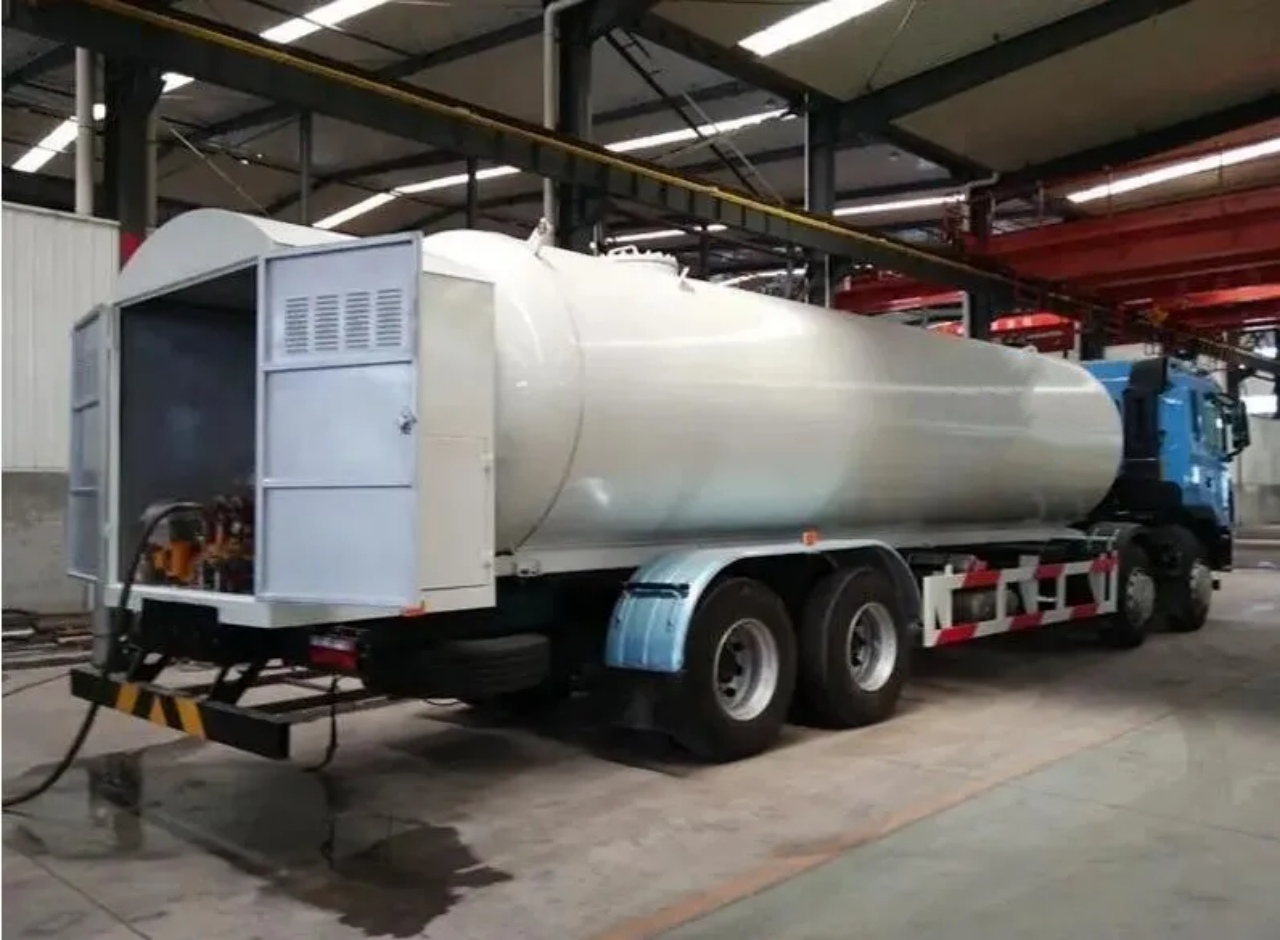What is a Propane Truck Called?
A propane truck, a specialized vehicle used for transporting propane gas, is typically referred to as a “propane delivery truck” or “propane transport truck.” These trucks are designed specifically to safely and efficiently carry liquefied petroleum gas (LPG), primarily propane, from distribution centers to customers who use propane for heating, cooking, fueling, or industrial processes. This article will delve into the details of propane trucks, their functions, types, and the unique features that make them suitable for the transportation of propane gas.
Propane: A Brief Overview
Propane is a colorless, odorless, and flammable gas that is stored in liquid form under pressure. It is widely used for residential, commercial, and industrial purposes as an energy source for heating, hot water, cooking, and even as a fuel for vehicles. Propane is transported in large quantities by specialized trucks because of its pressurized liquid form, which requires particular care to ensure safety during transport.

What Makes a Propane Truck Different?
Propane trucks are not ordinary freight trucks; they are specially designed to handle the unique properties of propane and ensure the safe transport of this potentially hazardous material. Several key features differentiate a propane delivery truck from regular cargo trucks, making them uniquely suited for the job:
- Specialized Tank Design
The most defining feature of a propane truck is its tank. Propane is transported in large, cylindrical tanks that are pressurized to keep the gas in its liquid form. These tanks are typically made of steel or aluminum and are built to withstand high pressures and impacts. The tank’s design incorporates multiple safety features, such as pressure relief valves, to prevent over-pressurization. - Safety Features
Given the flammable and explosive nature of propane, safety is paramount in its transportation. Propane trucks are equipped with various safety mechanisms, including:- Pressure Relief Valves (PRVs): These valves are critical in preventing overpressure and ensuring that the tank remains within safe operating conditions.
- Emergency Shutoff Valves: These valves allow the driver to quickly shut off the flow of propane in case of an emergency, preventing potential leaks or accidents.
- Anti-static Grounding Systems: Since propane vapors can ignite from static electricity, propane trucks are equipped with grounding systems to dissipate static charge during loading and unloading.
- Explosion-proof Lighting: Propane trucks often have explosion-proof lighting to prevent accidental ignition of flammable vapors.
- Temperature Control
Propane is transported as a liquid, which requires maintaining certain pressure and temperature conditions. In colder climates, propane trucks may have thermal blankets or insulation to prevent the gas from vaporizing too quickly and maintain the ideal pressure for the safe transport of propane. - Weight Capacity and Size
Propane trucks are larger and heavier than standard delivery trucks due to the weight of the propane tank. These vehicles are designed to carry anywhere from 2,000 to 12,000 gallons of propane, depending on the truck’s size and the tank’s capacity. The size and weight of these trucks also affect their fuel efficiency and maneuverability. - Loading and Unloading Systems
Loading and unloading propane is a highly specialized task that requires precision and care. Most propane trucks feature top-mounted or bottom-mounted delivery systems, which include hoses and valves to connect to the storage tanks at the delivery site. The driver must be well-trained to operate these systems safely and ensure that the gas is delivered without incident.
Types of Propane Trucks
There are various types of propane trucks designed to meet specific transportation needs. While all propane trucks share the same general purpose, their designs may differ depending on the specific tasks they are built to perform.
- Bulk Propane Delivery Trucks
Bulk propane delivery trucks are used for large-scale distribution, typically delivering propane in bulk to residential and commercial customers. These trucks feature large tanks that can carry thousands of gallons of propane, making them ideal for delivering large amounts of fuel to areas where smaller delivery vehicles cannot reach. - Small Delivery Trucks
Smaller propane delivery trucks are often used in urban areas or for servicing customers who use smaller quantities of propane. These trucks tend to have smaller tanks, typically ranging from 500 to 2,500 gallons, and are more agile, making them better suited for narrow streets or crowded areas. - Transport Propane Trucks (Over-the-Road Tankers)
These trucks are designed for long-distance transportation of propane. They are usually equipped with multiple tanks and are intended to transport propane from central distribution centers to regional hubs or bulk storage facilities. Transport propane trucks are larger than bulk delivery trucks and are often seen traveling on highways and interstates. - Bobtail Trucks
Bobtail trucks are smaller, often shorter versions of propane trucks that are used for local deliveries. Unlike larger tractor-trailers, bobtails do not require a separate tractor unit and can easily maneuver in tight spaces. They are a popular choice for companies that deliver propane to individual homes and businesses.

Propane Trucking Regulations and Safety Standards
Due to the hazardous nature of propane, trucking companies that handle the transportation of propane must adhere to strict safety regulations. These regulations are designed to protect the driver, the public, and the environment from accidents and spills.
- DOT Regulations
In the United States, propane trucks must comply with regulations set forth by the Department of Transportation (DOT), particularly under the Federal Motor Carrier Safety Administration (FMCSA). These rules cover everything from the maintenance of propane tanks to the qualifications of drivers transporting hazardous materials. - Hazardous Materials Placards
Propane trucks are required to display hazardous materials placards that indicate the presence of flammable gas. These placards are a visual warning to other drivers and emergency responders of the potential dangers associated with the truck. - Driver Training
Drivers of propane trucks must undergo extensive training in the safe handling, loading, and delivery of propane. They are taught how to respond to emergencies, including how to handle propane leaks, fires, and spills. This training is crucial to ensuring both the safety of the driver and the public. - Vehicle Inspections and Maintenance
Propane trucks must be regularly inspected and maintained to ensure they are in proper working order. Regular maintenance helps to identify potential issues such as leaks, pressure failures, or worn-out equipment, all of which could lead to dangerous accidents if left unaddressed.
Conclusion
In conclusion, propane trucks, commonly referred to as “propane delivery trucks” or “propane transport trucks,” are specialized vehicles designed for the safe transportation of propane gas. These trucks are equipped with high-pressure tanks, advanced safety features, and systems for proper loading and unloading. With the increasing demand for propane in residential, commercial, and industrial applications, the role of propane trucks in the delivery and transportation process is more vital than ever.
Their design and regulations ensure that propane can be safely delivered to homes, businesses, and industrial operations while minimizing the risks associated with this highly flammable substance. Whether it’s a bulk delivery truck, a bobtail truck, or an over-the-road tanker, propane trucks play a crucial role in the global energy supply chain.


